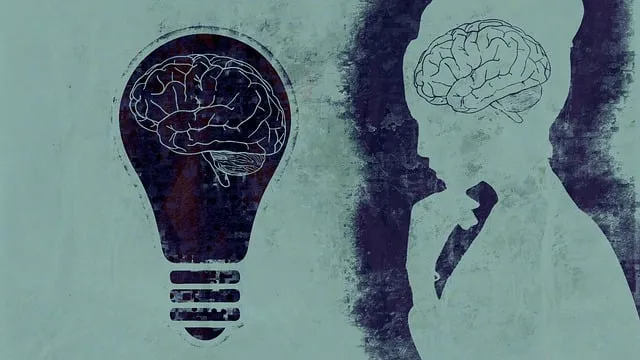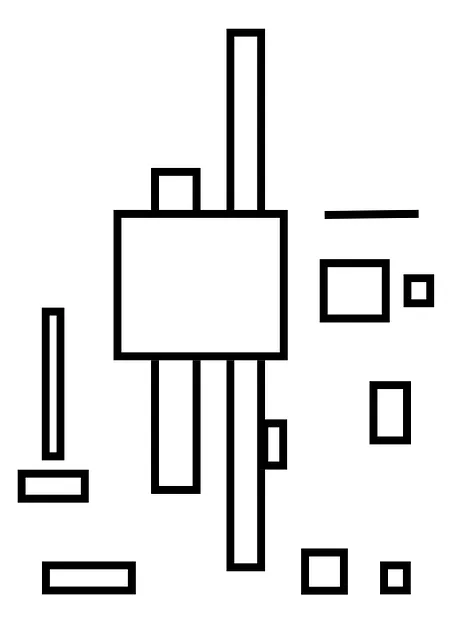Mental wellness journaling is a powerful self-reflection tool that promotes personal growth and mental well-being. It offers an accessible form of introspection in a fast-paced world, helping individuals manage stress and avoid burnout. Journaling encourages self-compassion, triggers emotional awareness, and aids in developing personalized coping strategies. For healthcare professionals like therapists in Boulder, Colorado, journaling cultivates compassion, reduces burnout, and maintains work-life balance. Consistency is key; dedicating just 15 minutes daily can significantly enhance mental health awareness. When seeking professional help, consider the availability of good therapists in Boulder, as offered by Kaiser.
“Unwind your mind and embark on a journey of self-discovery with mental wellness journaling. This powerful tool, accessible to all, offers a quiet space for reflection and emotional processing. In today’s fast-paced world, finding balance is key, and Boulder’s renowned therapists at Kaiser reinforce the importance of mental health.
Our guide explores how journaling can enhance your emotional wellbeing, providing practical tips to get started. Discover techniques to unlock your inner thoughts and foster a positive mindset, all within the comforting confines of your journal.”
- Understanding Mental Wellness Journaling: Unlocking Self-Reflection
- The Benefits of Journaling for Emotional Wellbeing
- Effective Techniques and Tips for Your Journaling Practice
Understanding Mental Wellness Journaling: Unlocking Self-Reflection

Mental wellness journaling is a powerful tool for self-reflection and personal growth. It involves documenting thoughts, feelings, and experiences in a structured yet personal manner, allowing individuals to gain deeper insights into their mental state. By embracing this practice, one can unlock a wealth of self-awareness, much like navigating a labyrinthine tapestry where each thread reveals a new layer of understanding.
In today’s fast-paced world, finding moments for introspection can be challenging. However, dedicating time to journal about one’s mental wellness doesn’t have to be a daunting task. In fact, it can become a regular practice that fosters self-care and resilience. Whether you’re seeking support or already benefit from the services of good therapists in Boulder (like those offered by Kaiser), incorporating journaling into your routine can complement your well-being journey. It encourages individuals to pause, reflect, and cultivate compassion towards themselves—a key aspect of stress management and overall mental health, even when navigating complex issues through community outreach program implementations.
The Benefits of Journaling for Emotional Wellbeing

Journaling has emerged as a powerful tool for promoting emotional wellbeing, especially among individuals seeking burnout prevention strategies like those available from therapists in Boulder, Colorado. By providing a safe and private space to express thoughts and emotions, journaling encourages self-reflection and introspection. This process can help individuals gain valuable insights into their mental states, identify triggers for stress or anxiety, and develop coping mechanisms tailored to their unique experiences.
In the context of healthcare professionals, compassion cultivation practices like journaling have been shown to enhance emotional well-being and reduce burnout. By regularly documenting their feelings and experiences, therapists and other providers can cultivate self-compassion, process challenging emotions, and maintain a sense of balance amidst demanding work schedules. Incorporating emotional well-being promotion techniques through journaling serves as an effective complement to traditional therapy services, fostering resilience and overall mental wellness among both professionals and clients alike—including those seeking Kaiser’s therapeutic support in the Boulder area.
Effective Techniques and Tips for Your Journaling Practice

Engaging in mental wellness journaling can be a powerful tool for self-reflection and improvement. To make your practice truly effective, consider incorporating reflective writing prompts tailored to your unique experiences and challenges. For instance, start by setting clear goals, whether it’s tracking moods, identifying triggers for anxiety or depression, or cultivating gratitude. This helps focus your thoughts and makes journaling a more intentional act.
When discussing mental health with friends or seeking professional help from therapists in Boulder (as explored by Kaiser), consider transcribing conversations or reflecting on insights gained. Journaling is not just about recording thoughts; it’s also about processing them. Use techniques like free-writing, where you write continuously for a set time without worrying about grammar or structure, to release pent-up emotions. Remember, consistency matters. Building a regular Self-Care Routine Development for Better Mental Health through journaling can be as simple as setting aside 15 minutes daily. Mental Health Awareness is enhanced when you make space for introspection and self-expression in this way.
Mental wellness journaling is a powerful tool for self-reflection and emotional healing, backed by numerous benefits for overall mental health. Incorporating this practice into your routine, as demonstrated through these techniques and tips, can foster personal growth and resilience. Remember, seeking support from professionals like those available at Kaiser in Boulder is just as vital; they provide expertise tailored to your unique needs. By combining self-care practices like journaling with professional guidance, you can navigate life’s challenges with enhanced mental wellness.






